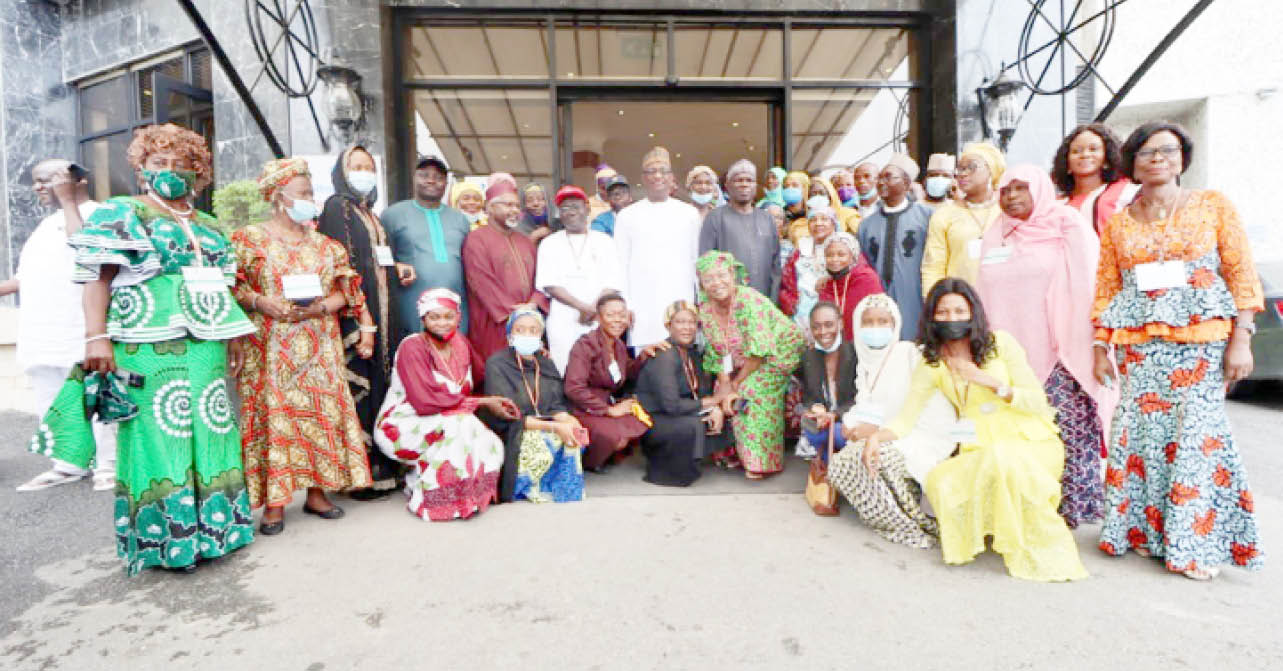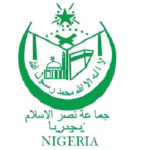Over the years, several economic empowerment schemes have been set up at the national level to help empower Nigerian women. Daily Trust on Sunday reports on the progress and challenges of the schemes over time.
According to data compiled by the development and Research Project Centre (dRPC) and Partnership for Advancing Women Economic Development-PAWED project, poor sex disaggregation of empowerment programmes, non-specification of programmes location and number of prospective beneficiaries, Women Economic Empowerment (WEE) projects duplication are among the key issues that have strained the women economic empowerment projects in the country.
- Kwankwaso, ministers, others storm Kano as AGF Idris marries off daughter
- A day with 48-year-old physically-challenged Abuja mason
The data also shows that several of the MDAs have their WEE projects and allocation reduced in 2022 compared to 2021 approved budget, poor availability of WEE projects implementation report and a lack of WEE projects coordination among the MDAs.
While addressing the women in attendance at the 2021 African Council, Nigeria’s first lady Aisha Buhari disclosed that the federal government was committed to women’s economic development as demonstrated with the several economic schemes introduced since the start of this administration.
She also urged the 36 states governments to use available resources to empower women as a strategic and intentional economic policy that will focus on redirecting and reengineering the economic status of women with a view of tackling poverty, unemployment and insecurity in Nigeria.
In a bid to address women empowerment, the resources needed were broken down into four categories. These include the human capital like education, skills, training; financial capital like loans, savings; social capital – networks, mentors; physical capital – land, machinery etc.
The data explained that before women economic empowerment can fully take off, a lot of norms and institutions need to be revisited. Norms in this state refer to the gender defined roles, taboos, prohibitions and expectations such as whether or not it is appropriate for women to be in public spaces, hold certain types of jobs, or manage money, while institutions are the legal and policy structures, economic systems, market structures, marriage, inheritance and education systems.
To ensure effectiveness the schemes, certain methods and indicators were put in place to target the needs of different groups such as capacity building, vocational training, skill acquisition, supply empowerment materials, entrepreneurship training, provision of grants, start up support for women and youth, while empowerment fund, livelihood support facilities, provision of agric inputs, procurement of empowerment items revitalization funds and capacity enhancement, reorientation and rehabilitation were left to the women groups, co-operative societies.
A sample of the indicators are the vocational training of youth artisans and women in fish and aquaculture value chain and purchase of vehicles for training which was budgeted at N172,396,501, grants to cooperative societies for youth and women in Iwo local government area in Osun West senatorial district which was budgeted at N50,000,000 and the entrepreneurship building and empowerment for rural women and youth nationwide on non-farms programs which was budgeted at N203,092,000.
In 2019, 275 women economic empowerment projects had been set up within MDAs, with 75 MDAs implementing these schemes. However, by 2020, 285 women economic empowerment projects had been set up with 81 MDAs working to implement them.
By 2021, there was a rise in the number of women economic empowerment projects. 636 projects had been setup with 105 MDAs working to implement these schemes. Nonetheless, the proposed 2022 showed a decline in the number of projects being set up as it dropped to 135 projects with just 58 MDAs implementing them.
Amongst the key MDAs responsible for the implementation of the women economic empowerment programs, the data work shows the ministry for agriculture and rural development to have received the most allocation for the women economic empowerment programs. The ministry which was responsible for 176 projects and 31 MDAs received a total allocation of N14,033,453,528 in 2021. In the proposed 2022 budget, the ministry is to be responsible for 34 projects with a total allocation of N1,877,273,915
Following the ministry of agriculture on the chart is the ministry of labour and employment. In 2021, the ministry which was responsible for the implementation 116 projects received a total allocation of N8,549,309,133. In the proposed 2022 budget, the ministry is set to receive N1,333,748,395 for the implementation of 13 women economic empowerment programs.
However, the ministry of education stood out as the ministry with the least allocation of funds and women economic empowerment projects. In 2021, the ministry received N900,000,000 for the implementation of 15 women economic empowerment projects. In the 2022 proposed budget, the ministry is to be allocated the total sum of N155,000,000 for the implementation of 3 projects.
Overtime, the funds being allocated to women economic empowerment project has run into billions of naira. In 2019, a total sum N15,150,112,333bn was disbursed by the federal government for the implementation of women economic empowerment projects. In 2020, N25,913,720,141bn was disbursed for women economic empowerment projects.
By 2022, there was a significant rise in the number of economic empowerment projects which was funded with N51,333,233,034bn nationwide. However, the proposed 2022 budget shows that a total sum of N33,933,027,199bn is to be allocated to women economic empowerment.
Under the Service Wide-Vote, the data also looked into the N100bn Zonal Intervention Projects proposed by the National Assembly. In 2020, the number of WEE projects climbed by 30 percent (10 percent), and by 38 percent (12 percent) in 2021.
In 2021, the federal Ministry of Budget and National Planning in collaboration with National Institute for Policy and Strategic Studies and Development for Projects and Research Centre established a technical working group with the sole purpose of tracking budget implementation on women economic empowerment. The technical group is made up of monitoring and evaluation officers from 10 MDAs within Nigeria.
At the inauguration of the technical working group, the Director-General of the National Institute for Policy and Strategic Studies, Brigadier CJ Udaya, disclosed that the TWG is to support the accountability process of the piloting of the application of the Monitoring & Evaluation framework on WEE programs in Nigeria.
According to him, NIPSS is partnering with the Budget Office and the Development Research and Projects Centre to support the accountability component of the development and implementation of the pilot M&E framework to track and rate women’s economic empowerment project/policies/interventions at the national and sub-national levels.
According to Mrs Talibat Hussain, who is a Senior advisor on gender and livelihood on the dRPC-PAWED project noted that although a lot of work still needed to be done, progress has been made towards the empowerment of women.
“With schemes and projects such as the N-power, FG special grant for women, anchor’s borrowers, small and medium enterprises development agency (SMEDAN), SME survival funds etc goes to show that the government is increasingly aware of the importance of empowering women.” she said.
Nonetheless, she mentioned that these projects are being threatened by poor sex segregation and poor implementation reports of the project.
Mrs Hussain mentioned that “Some of the schemes after been set up lack proper sex disaggregation. The schemes are not specific as to who its serving, whether just women or women and youth. Also, lack of implementation reports doesn’t give room to see if and how many women have benefitted from the efforts so far”

 Join Daily Trust WhatsApp Community For Quick Access To News and Happenings Around You.
Join Daily Trust WhatsApp Community For Quick Access To News and Happenings Around You.


